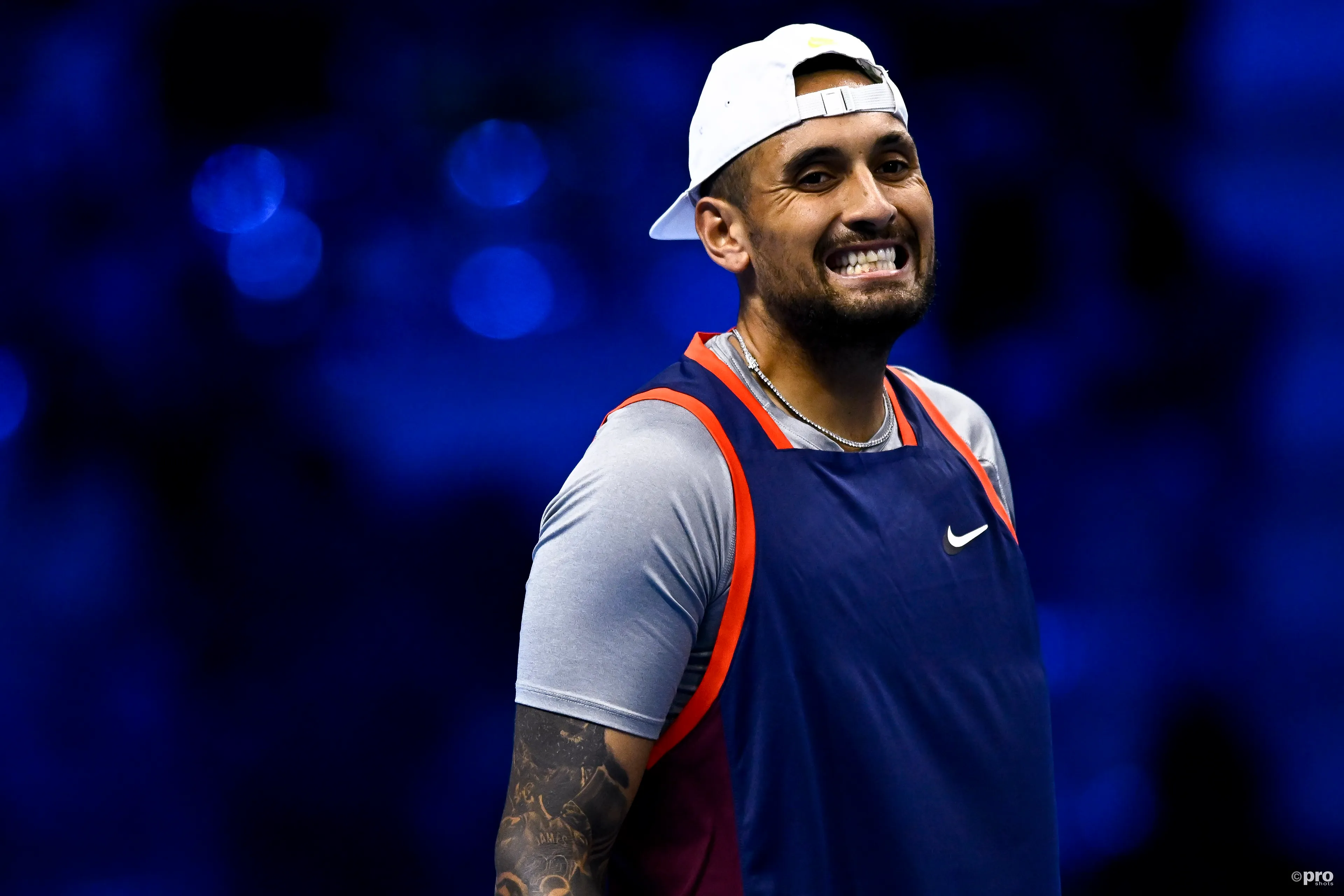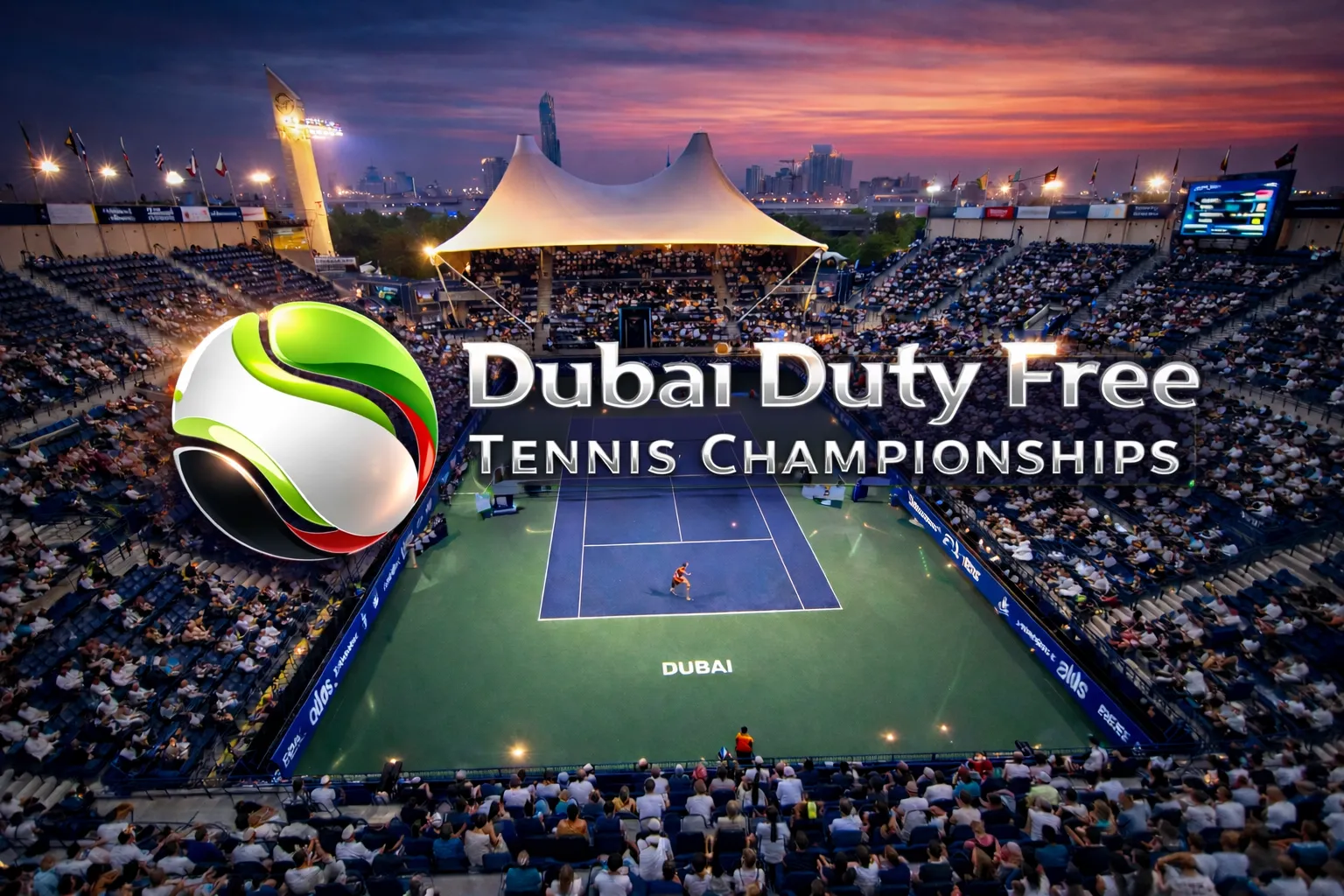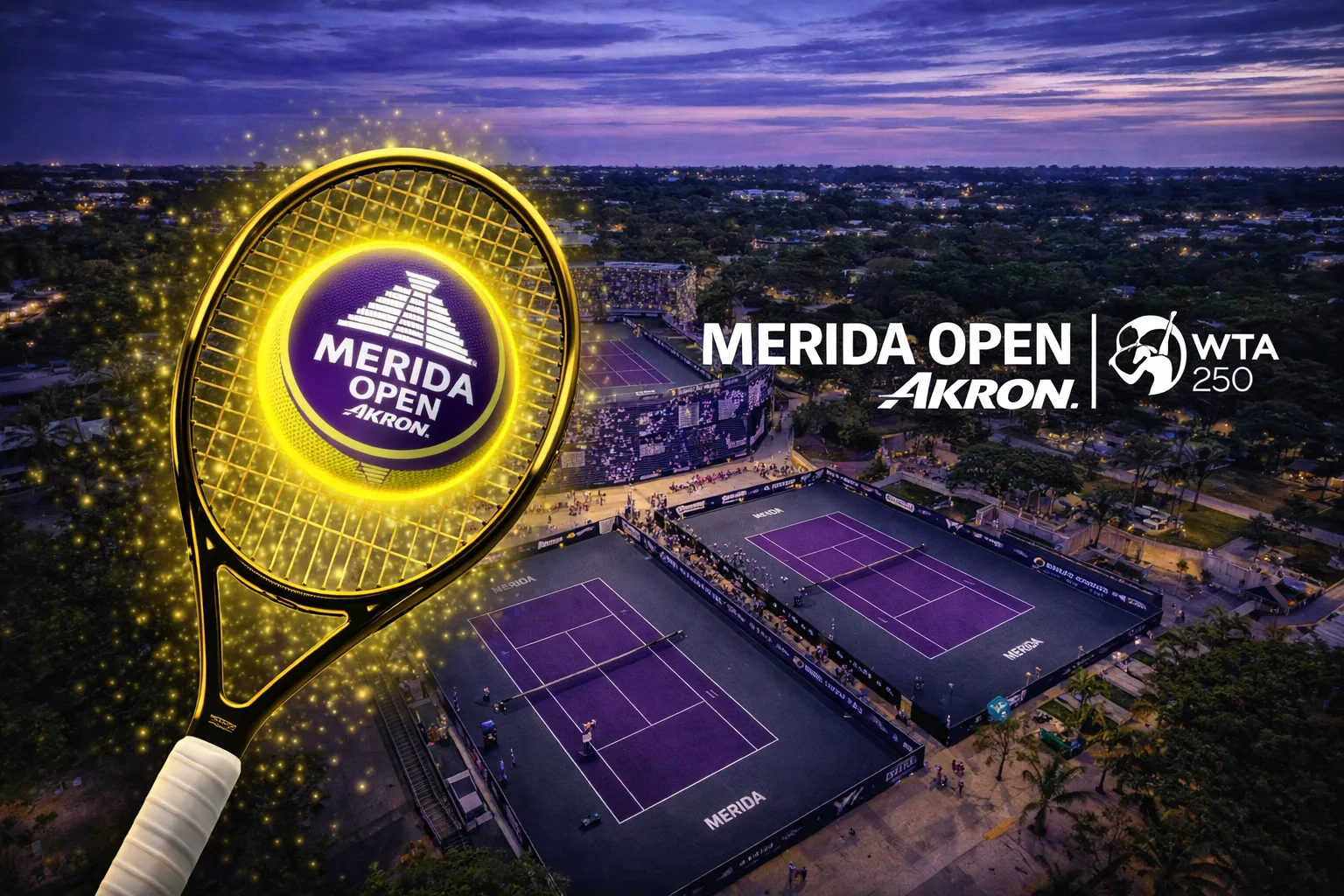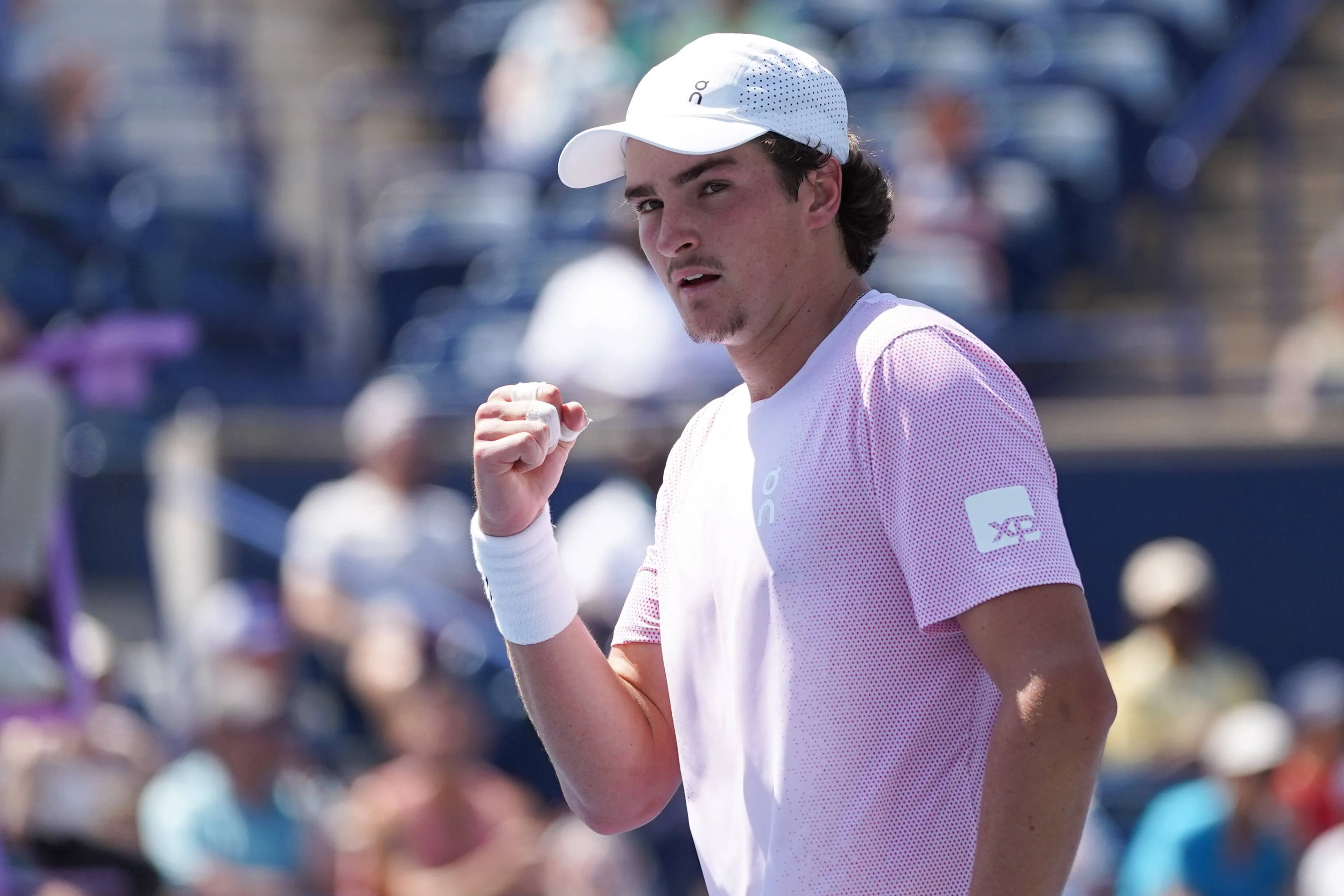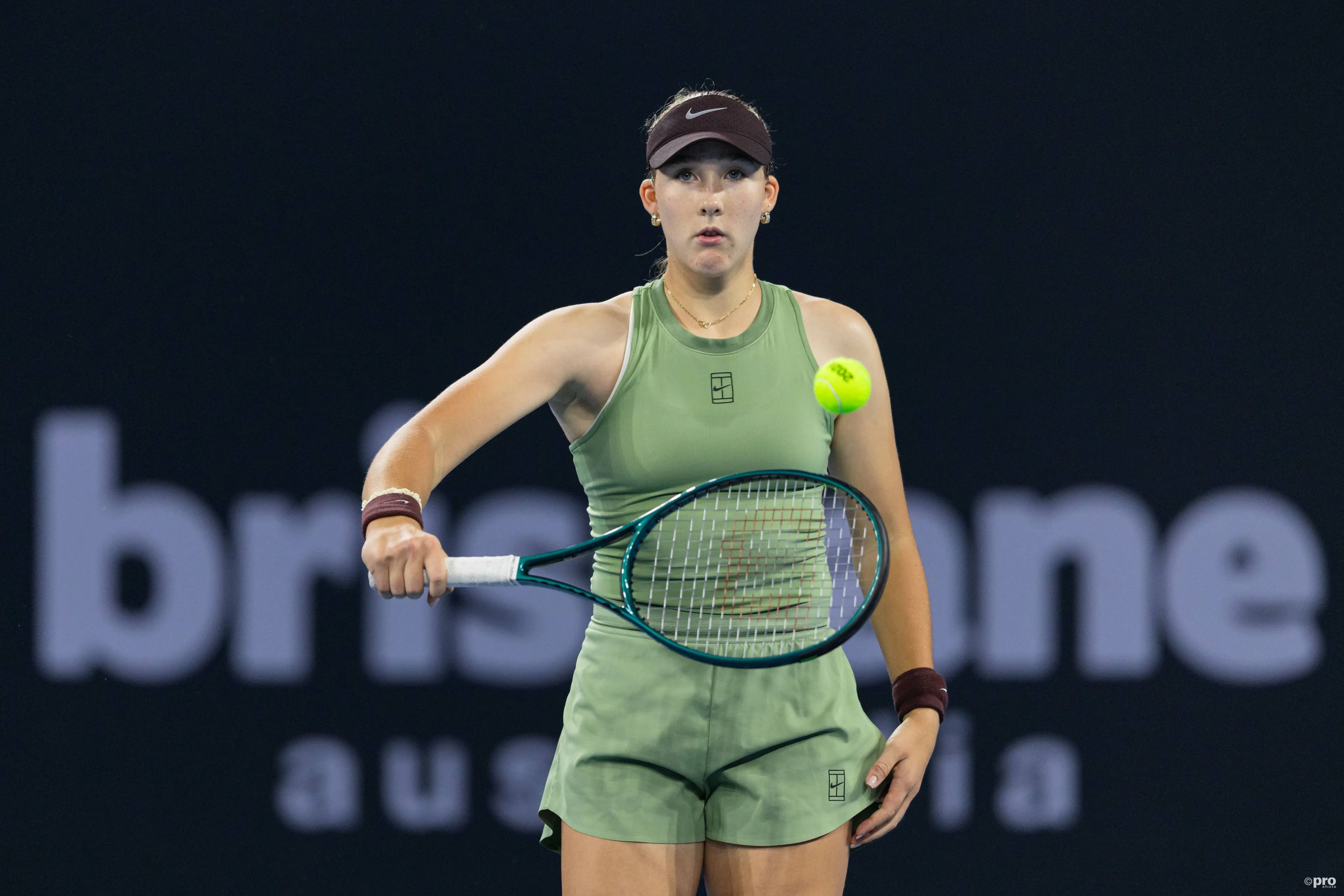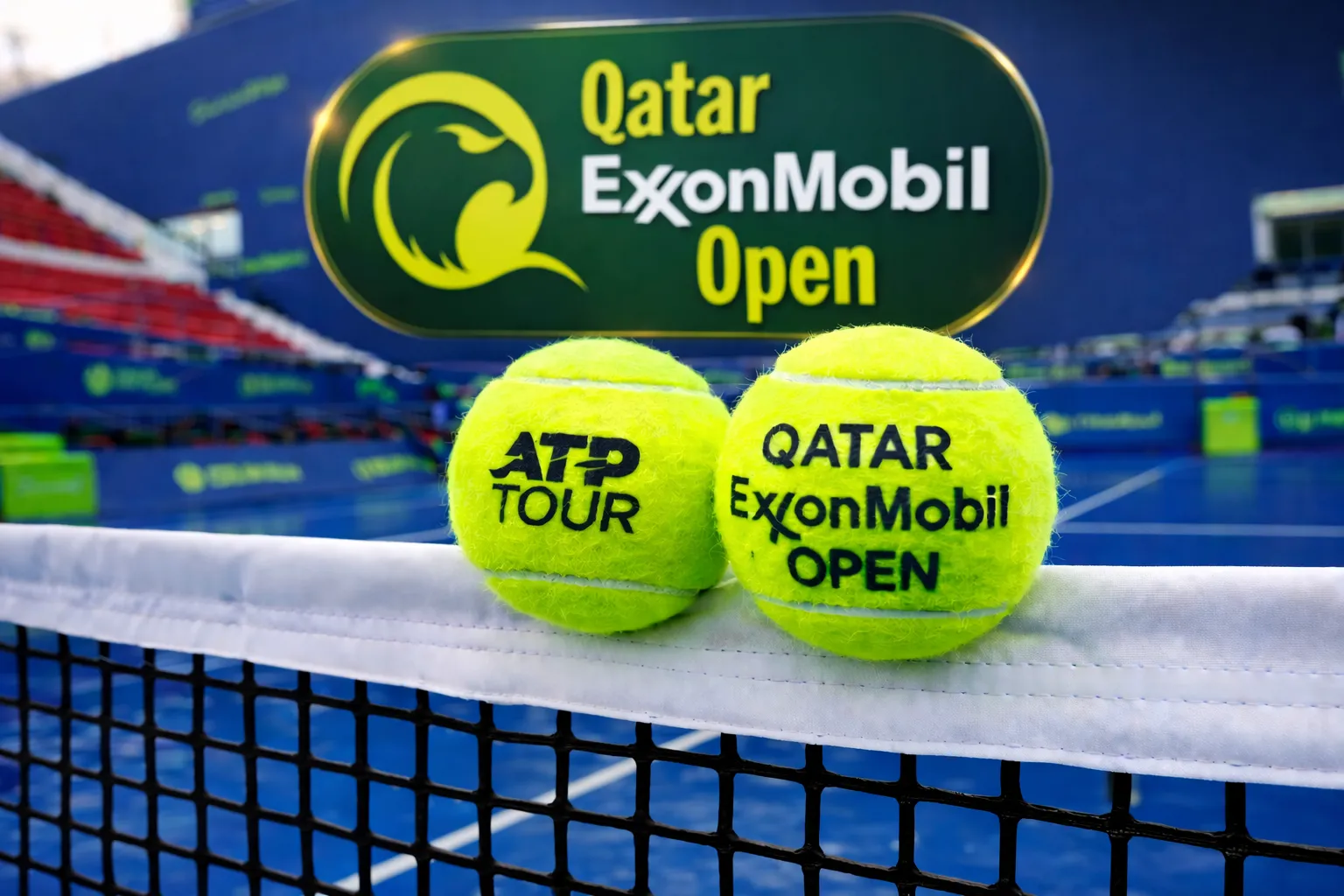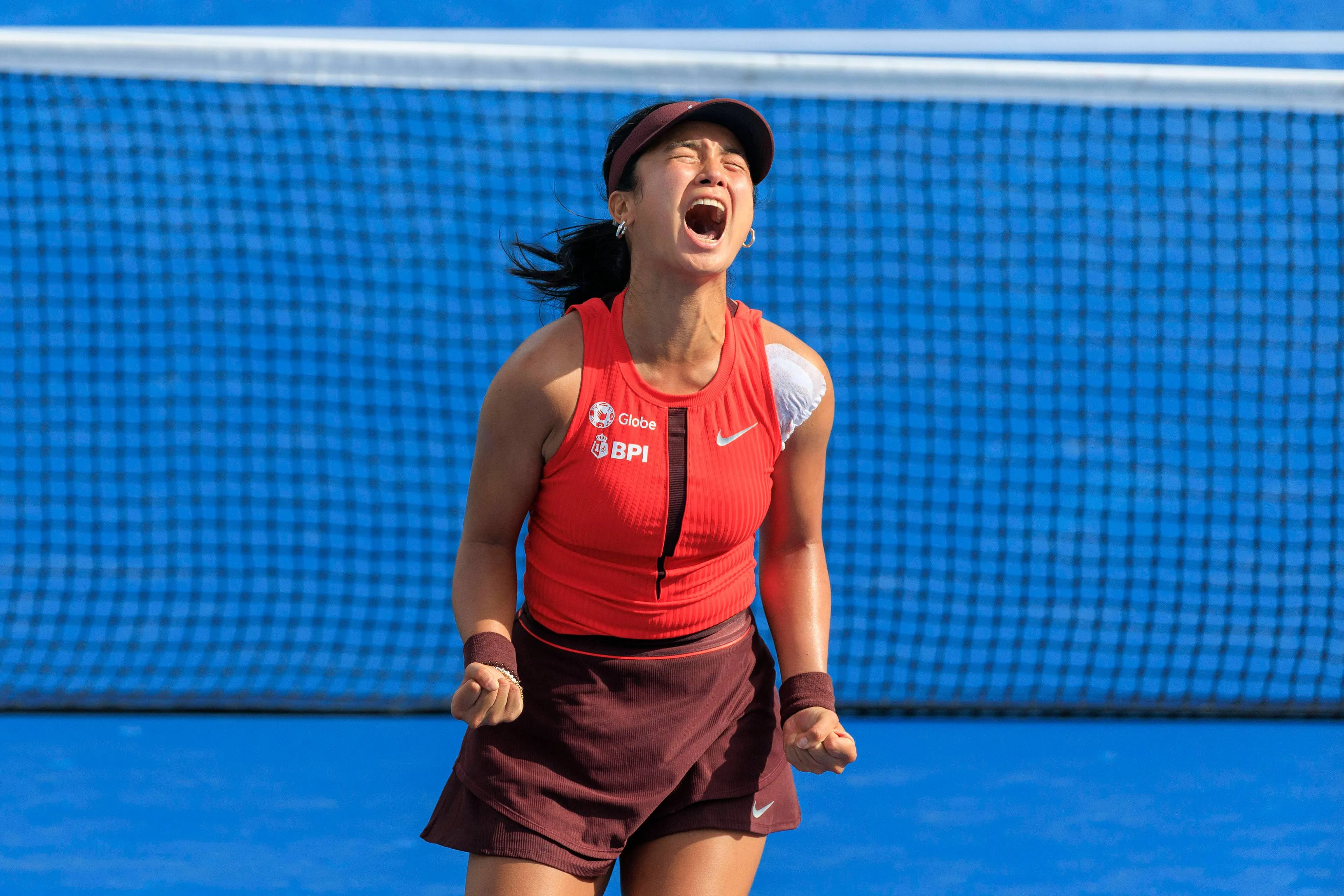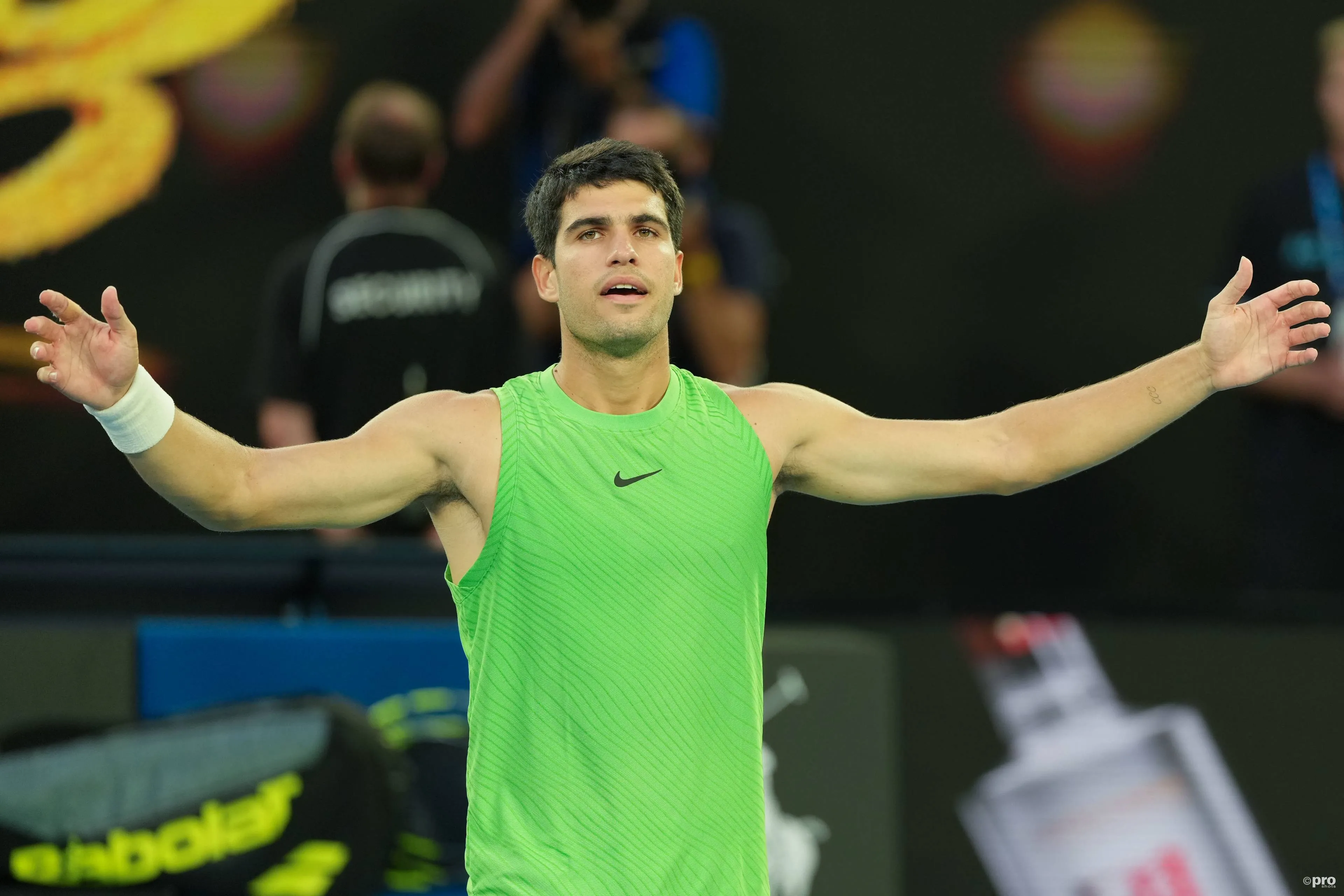COLUMN: Advantage BBC as Wimbledon coverage outlines importance of British broadcaster
ColumnThursday, 18 July 2024 at 09:00
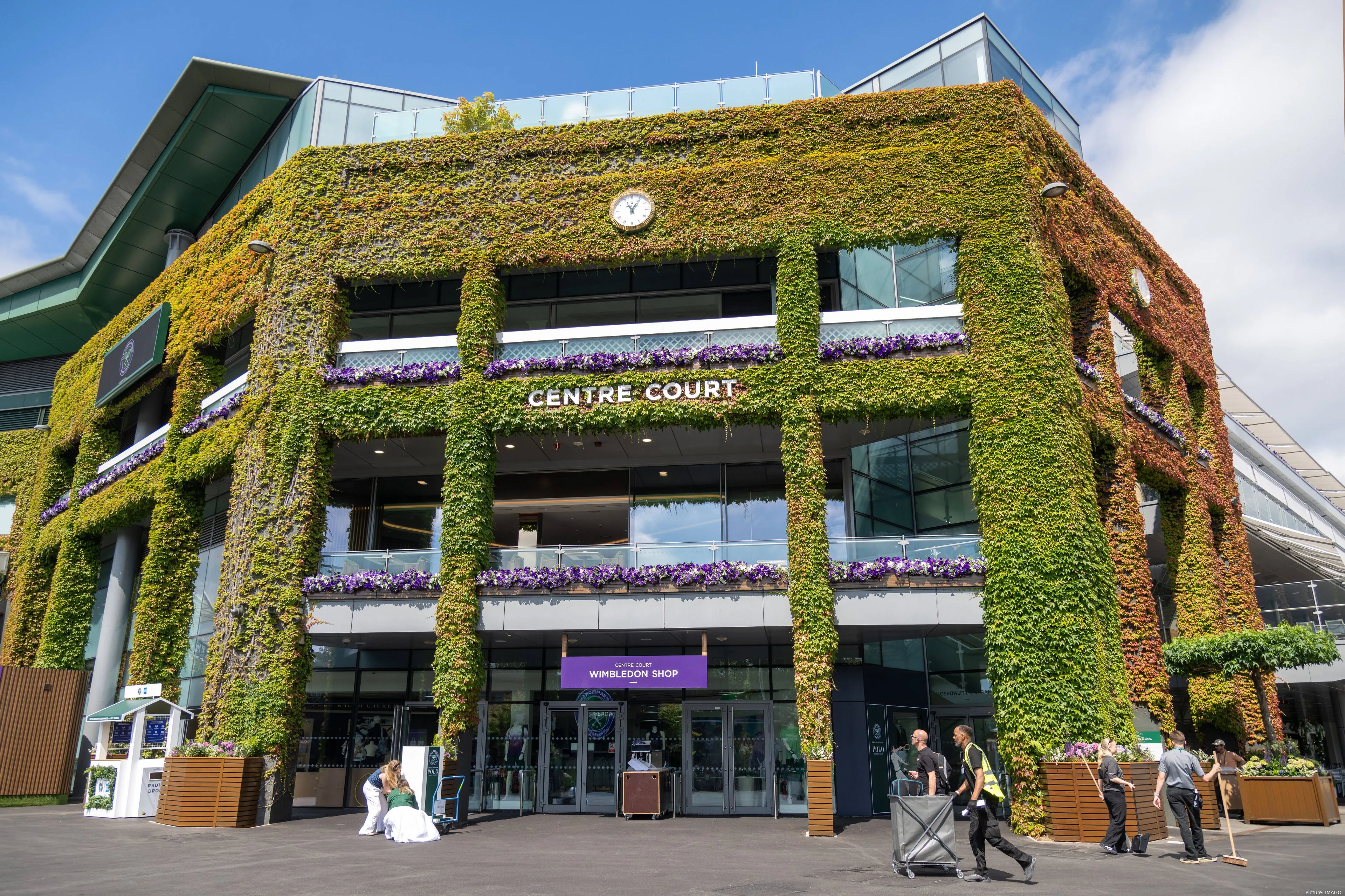
The BBC has a broadcast partnership with the All England Club, to show Wimbledon, stretching back to 1927. It’s the longest running relationship of its type across the globe. From initially to only broadcasting on the radio, today’s coverage is extensive to the point where every court is available on the I-Player streaming service in addition to vast network coverage on BBC One and BBC Two.
This year’s coverage saw Clare Balding, in her second year as lead anchor, present the primetime coverage. Her style remains polished but still lacks the chemistry Sue Barker possessed when she anchored the broadcasts. This is partly down to the established friendships Barker had with a number of the summarisers. Balding has a tendency to be a little earnest in her tone and comes across as if she’s a fangirl. Isa Guha, as the secondary live host, is now growing into the role, although could still be a little more engaged when a pundit is communicating with her.
The best remunerated analyst John McEnroe remains the BBC’s trump card. He continues to entertain when in the commentary booth with his funny asides and acerbic insight. A growing number in the tennis community, led by journalist Ben Rothenberg, seem to be trying to denigrate the seven-time Grand Slam singles champion for being outdated. McEnroe is clearly still a seasoned watcher of the sport, even if he’s not abreast of every player in the top 100 as a Robbie Koening would be. The proud New Yorker brings levity and forthright opinion that remains compelling. A commentary team needs a broad range of mikesmiths, bringing different strengths to the broadcast.
Read also
Australian tennis stars Nick Kyrgios and Ash Barty were the headline new recruits to the BBC team for this year. The enigmatic Kyrgios impressed when working for Eurosport at the Australian Open. He was typically maverick, sporting a casual range of clothing, including wearing his Boston Celtics clobber. His general analysis was often sharp and benefited from him having faced many opponents he was commentating on. Barty was a further strong addition. She replaced Tracy Austin, normally a regular voice on the women’s final, to underline her prominence. The 2021 champion was effective in outlining strategy in matches and felt very natural in the way she dovetailed with her colleagues.
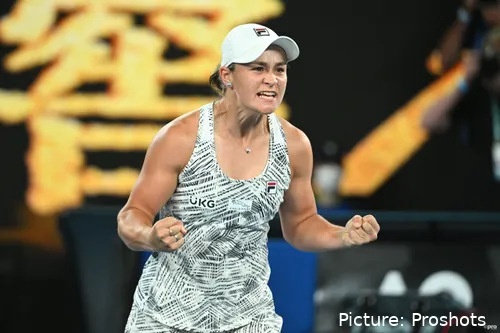
Ashleigh Barty a strong addition to the make up of the coverage.
It was an inspired decision to bring Barker back to interview Andy Murray for an on court celebration of his career as his Wimbledon chapter was closed for the very last time. She had followed his career throughout her BBC presenting stint and spent time with him for an intimate documentary portrait several years ago.
The vast commentary team used by the BBC features many fine operators. It was a delight as always to hear such assured and fluent analysts such as Austin, Chanda Rubin, the underused Martina Navratilova and Todd Woodbridge.
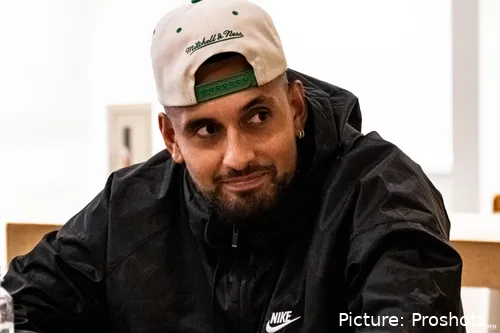
Nick Kyrgios an inspired choice by the broadcaster.
The lead commentator pool is slightly diminished compared to a few years ago. The absence of Mark Petchey is still felt several years on. Petchey is the best lead commentator working in tennis. I find it baffling that no major UK tennis broadcaster is currently employing him. He remains the benchmark for forensic analysis, breaking down the stats in a digestible way for viewers. John Inverdale’s departure last year is another big void. He was particularly adept at filling changeovers with engaging debate topics. Current leads such as Andrew Cotter, Andrew Castle, Sam Smith and Nick Mullins are all very good, but not quite comparable with Inverdale or Petchey.
The last decade has witnessed much discussion about the highlights show Today At Wimbledon. There’s some who believe not enough action was featured. Its slot in the schedule was another source of frustration. The former has been rectified as analysis now is minimal. My personal preference was for greater chat as I’ve viewed large portions of live play and found the old format, especially when hosted by the aforementioned Inverdale, to be a fitting way to reflect on the day’s play and to look ahead.
Read also
Next year’s coverage could see a certain Andy Murray potentially join the commentary team. He seemed dismissive of the notion during his emotional Centre Court tribute but I’m sure the BBC would want him to remain a fixture of the Wimbledon fortnight. He’s an excellent thinker on the game and unafraid to challenge rhetoric he doesn’t agree with. Kyrgios is hopefully going to be on the court next year but if he was to exit early then he could be tempted to join his new buddy Tim Henman. Roger Federer was strongly rumoured for the role when he retired. He might be tempted now he’s had significant time away from the sport.
The BBC remain an outstanding sports broadcaster. They bring depth to their storytelling and that was prevalent in their Wimbledon coverage. We saw a lovely feature in the build-up to the women’s final about the relationship between eventual winner Barbora Krejcikova and the late Jana Novotna, her first coach and the 1998 champion.
The current BBC contract to screen the event is up for renewal in 2027, marking the centenary of their relationship with the greatest event in tennis. It would be a foolish move on behalf of either party to break up that association. Wimbledon is a huge part of the British summer due to the reach the Beeb possesses in ensuring the event is the most watched annual sporting event in the UK in terms of the peak audiences it can generate.
claps 4visitors 2
Just In
Popular News
Latest Comments
- You seem to have 'lost the plot' ??
- This needs to be done, and I think Jessica Pegula is an excellent choice for chair to look into the situation. However, a very brief look at the other members of the panel would suggest a very USA heavy contingent. The group needs to represent all interests, not just turn it into a way the US can screw more money out of an already biased calendar.
- The tennis world should be kissing her feet for taking-on this long needed position in a much needed council. The WTA and ATP need a good shaking-up. Pegula's business heritage is a proven one. Let's hope she and her colleagues can stop WTA & ATP from shutting their work down and out. GO GET 'EM !!
- So the Sportswasher's largest market is... the Filipino community? That's all well and good but the hundreds and hundreds of empty seats throughout is embarrassing. Talk about bad optics!
- The poor Head Sportswasher has been whining and crying in the media, and basically threatening Saba, Iga, etc. Must be a real Ego Buster when they dangle money and people (especially Women) say, 'No thanks'.
- "Losing-itis" is not uncommon in Emma's small world. Just keeps begging the question, 'What are sponsors paying for? Limited tennis appearances... or Social Selfie Media presence?'
- Dubai can suck it up like everyone else. Just because they think they run the show, they do not. Sportswashing does not give them Power.
- You're losing your mind here.. You use a lot of space, yet inadequate knowledge. Read the WTA Rule Book 2026; it answers all your questions and accusations.
- Why single out Iga and Aryna to punish?, Since when do players get punish because they withdraw from tournaments? Maybe if they both were treated like number one and two players, they would not have this problem. The WTA discriminates against them because of their nationalities, yet they want to make money off them. Every tournament, Iga has harder draws than qualifiers from the beginning to the end. In the Australian Open they stuck Aryna out in the sun the majority of her matches in order to tire her out. She is the number one player in the world and she never got the opportunity to play with the roof closed. If they want these top players to continue playing and making money for them, then they should treat them as such. Otherwise, get the players who they are always giving out cupcake draws to like Pegula to play their tournaments. Lets see how many seats in the audience she will fill. Iga has more fans in the seats than any player in the WTA, yet she is always disrespected and mistreated because of her nationality. The WTA is a corrupt, bias and racist organization. No matter what job someone is on, you cannot tell them that they are not sick or injured.
- LOL. Billie Jean King hates being a woman.
Loading
